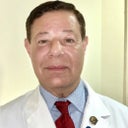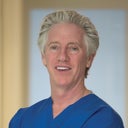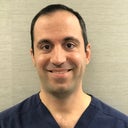3 sort of failed Ptosis surgeries. Thoughts? (Photos)
I have congenital ptosis in my left eyelid. In 2016 I got the muscle tightened and it did nothing at all, made it worse. In June 2020 the same surgeon did the same surgery and made eye droopier than ever before. Found a new surgeon and had the surgery again in December of 2020 (6 months later) and eye looks best it has, but still droopier than right eye and different shape. I had a consultation with new doc in California and he says last option is full thickness method. Im scared. Thoughts?




